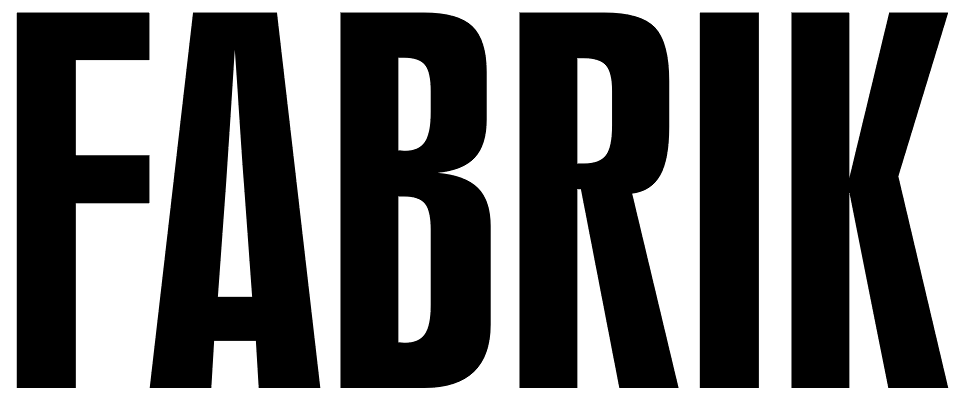Cohen Gallery is pleased to present News from Nowhere, an exhibition of new works by Los Angeles-based artist, David Weldzius.
David’s first solo exhibition at Cohen Gallery will bring together a series of photographs, drawings, and historical documents that reflect on two iconic Los Angeles homes: El Alisal, built by Charles Fletcher Lummis from 1896 to 1910, and the Case Study House No 22, built by Pierre Konig in 1959-60. An opening reception will be held Thursday, September 11th from 7-9 PM. The work will be on view through October 25, 2014.
 Photographs rarely describe space with much precision, but frequently provide the sole means of experiencing it, particularly in instances when the public is restricted or denied access. Photographs flatten and force. They are not democratic. They espouse the perspectives of an operator who, routinely, is absent from their frames.
Photographs rarely describe space with much precision, but frequently provide the sole means of experiencing it, particularly in instances when the public is restricted or denied access. Photographs flatten and force. They are not democratic. They espouse the perspectives of an operator who, routinely, is absent from their frames.
While not an architectural photographer, David Weldzius has long photographed architecture. Weldzius first visited the Case Study House No 22 in 2006. Looking over the Los Angeles Basin, Weldzius wondered what the glass-and-steel pavilion might look like to the onlookers below, casting their glances back from Sunset Boulevard. He soon got in the habit of spotting the Case Study, often from the windshield of his car, and not long after that, began photographing it.
Unlike Julius Shulman’s now-iconic image of the Case Study, photographed for the Los Angeles Examiner in 1960, Weldzius’ perspective foregrounds the pavilion’s surroundings. Captured at a moment when housing is seemingly plentiful, but seldom affordable, “Pedestrian Views of the Case Study House No 22” looks squarely at the complexities and contradictions inherent to the program’s egalitarian mission—to offer a prototype for tasteful, moderately- priced housing to a growing middle class.
 In his research, Weldzius was surprised to learn that at the very moment that architect, Pierre Konig was breaking ground on the Stahl’s cliff-side pavilion, Richard Neutra’s and Robert Alexander’s plans to develop public housing at Chavez Ravine, soon-to-be home to the Los Angeles Dodgers, were being systematically dismantled in City Hall. Unsettled by a perceived evasion of civic responsibility, Weldzius’ Case Study series will be accompanied by a parallel case study—seven days-worth of Los Angeles Times broadsheets chronicling the Arechiga family’s forceful eviction from their hilltop bungalow.
In his research, Weldzius was surprised to learn that at the very moment that architect, Pierre Konig was breaking ground on the Stahl’s cliff-side pavilion, Richard Neutra’s and Robert Alexander’s plans to develop public housing at Chavez Ravine, soon-to-be home to the Los Angeles Dodgers, were being systematically dismantled in City Hall. Unsettled by a perceived evasion of civic responsibility, Weldzius’ Case Study series will be accompanied by a parallel case study—seven days-worth of Los Angeles Times broadsheets chronicling the Arechiga family’s forceful eviction from their hilltop bungalow.
Two miles northeast of the Chavez Ravine settlement, Charles Fletcher Lummis, Los Angeles Times’ first City Editor, built his home, El Alisal, from redwood and river rock. Inspired by William Morris’ Romantic musings on labor and capital, Lummis presumed that handicraft (rather than proletariat uprise) could ameliorate workers’ alienation—and, in that regard, much could be learned from pre-industrial production-models. Borrowing liberally from the Gothic abbey, California mission, and Southwestern pueblo, El Alisal acted as a laboratory for Lummis’ fluid, idiosyncratic design principles.
Over the past year, Weldzius has trained his camera lens on a trio of windows within Lummis’ house. Each window is framed by a mosaic of glass-plate photographs depicting indigenous groups and mission architecture documented on Lummis’ travels throughout the Americas— while, through each glass-pane, sycamore trees and colorful native flora are readily visible. In reframing Lummis’ windows through his ground- glass, and representing his garden on chromogenic paper in painstaking one-to-one scale, Weldzius’ triptych, “A View from the Window at El Alisal (I, II, III)” considers photography’s capacity to fabricate a precise copy alongside its penchant to warp, bend, and flatten the spaces that it captures, pulling figure and ground indiscriminately to the surface.
Looking backward and forward simultaneously, News from Nowhere frames and documents physical evidence of corresponding regional histories in the present tense. Relying on the forensic rendering of the large-format print, Weldzius re-presents surfaces that bear indices of action, use, or decay in order to activate a deliberate sequence of sociological inquiries— Westward expansion, the assimilation and repurposing of familiar architectural styles in the southwest landscape, the photographer’s pleasure and unease in fixing perspectives and harnessing vision, the synchronous dematerializations of newsprint and the photographic print, and the ideological stakes inherent to land speculation, real estate, development, and public planning.
David Weldzius is a contemporary artist based in Los Angeles. He has exhibited at David Kordansky Gallery, LACE, and MAK Center, among other venues. In 2012, Weldzius was an artist fellow with the Terra Foundation of American Art in Giverny, France. For the current exhibition, Weldzius was awarded an Artistic Resources for Completion Grant through the Durfee Foundation.








